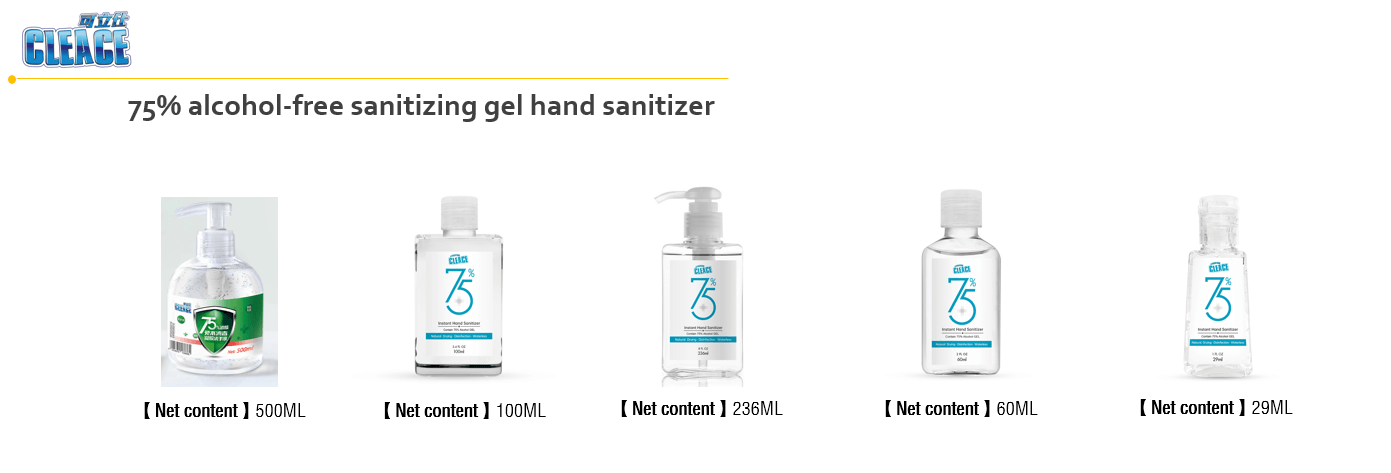Recently, more and more people wear masks.
Under the correct guidance of various popular science information, the "mask concept" is deeply rooted in the hearts of the people.
At the same time, many people overlook another equally important protective measure: wash your hands frequently!
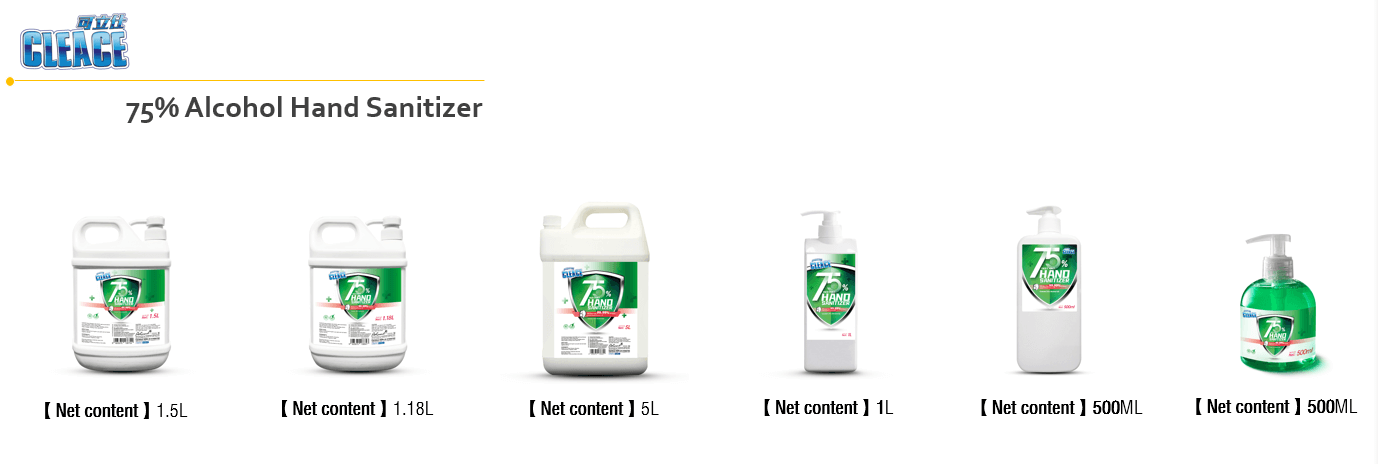
But for the average person: Washing hands frequently is as important as wearing a mask, and sometimes it may even be more important than wearing a mask.
The spread of the new coronavirus through respiratory droplets is the main route of transmission, and it can also be transmitted through "contact."
In other words, in addition to wearing a mask to prevent droplets, we also need to be careful about the virus through contact with our hands, and then rubbing our eyes, plucking our nose, and touching our mouths to cause infection and spread. Many people may think: I don't touch the patient and I'm sure it's fine. In fact, the channels of contact and transmission are unpredictable.
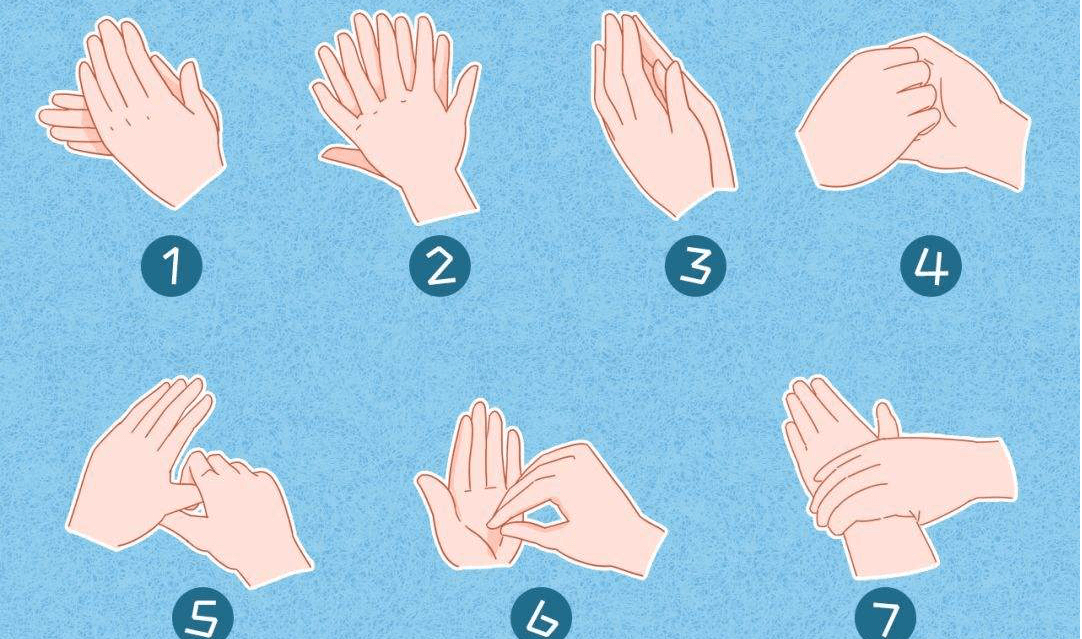
A popular science program on TBS TV in Japan tells about this "power" of contact transmission.
The show is about the flu virus, which, like the new coronavirus, spreads through droplets and contact.
The Kosaka family consists of 7 people: the Kosaka couple, two daughters, two sons, and children's grandma.

The show team sprayed special fluorescent dyes on Mr. Kosaka's hands to simulate the scene of being infected by an influenza virus.
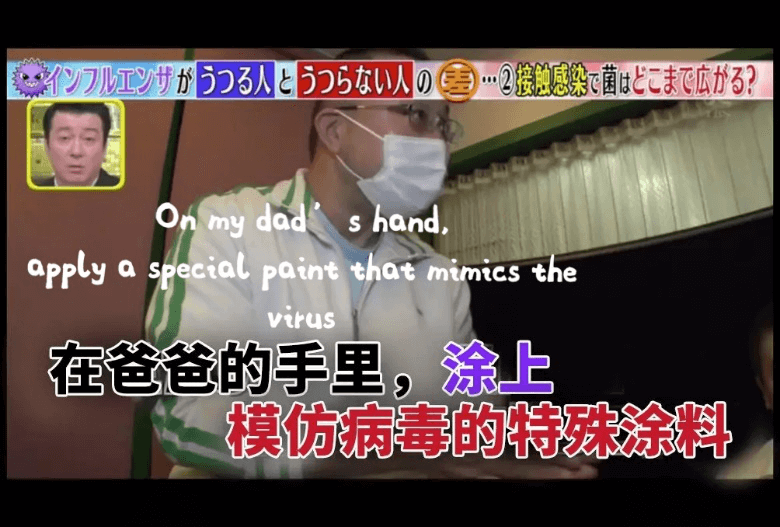
This fluorescent dye is invisible to the naked eye, but can emit noticeable white light under fluorescent lights.
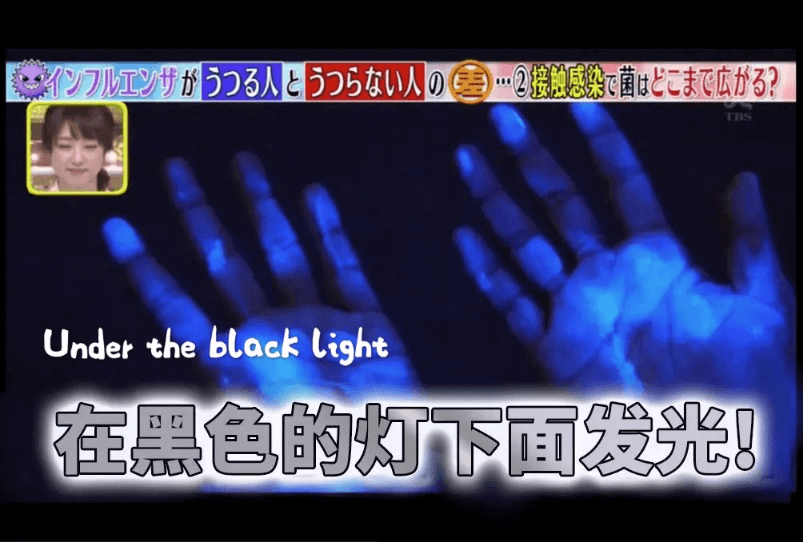
In this way, to simulate the virus, how many people can be spread through contact! The show officially started, and no other family members had fluorescent paint at this time.
In the two-hour home life, Mr. Kosaka only interacted closely with his two sons, and the others did not contact his father.
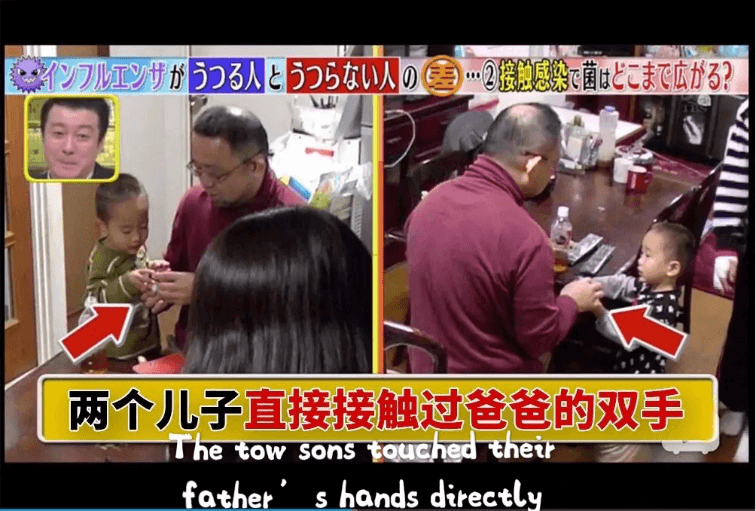
Subsequently, the program group began to check the results.
They first illuminated the two sons with fluorescent lights. Sure enough, the sons were already stained by dye, and in the process of touching the face with their hands, the dye was also heavily stained on the face!
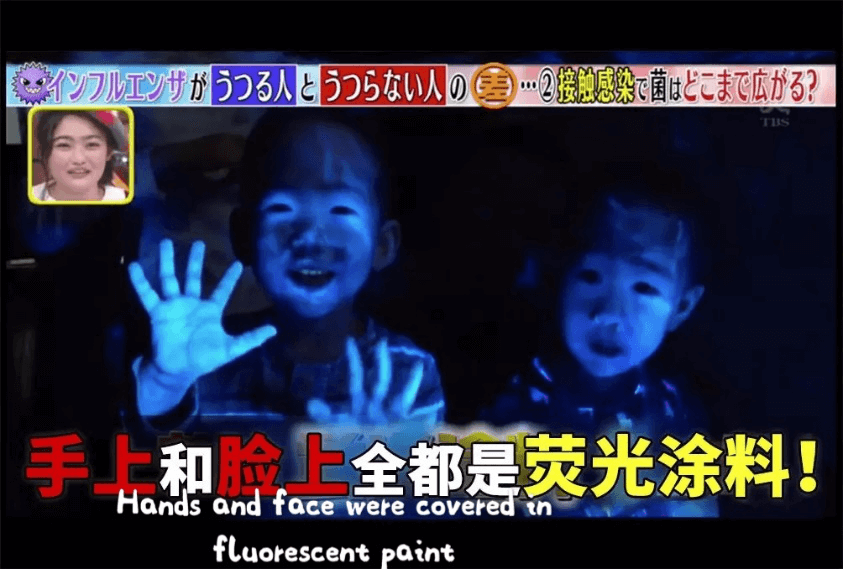
At this point, if Mr. Kosaka does carry the virus, his two sons are already infected by the virus.
So what about others who haven't met Mr. Kosaka?

So, what happened?
First look at how my sister was infected.
It turned out that Dad touched the doorknob with his hand when he went out, and after a while, her sister also touched the doorknob, so the virus passed to her.
Sister usually has the habit of plucking her hair by hand. In the process, the virus spread to her hair and face.

The younger sister was infected because she and her younger brother were playing a game of passing. The virus passed to the younger sister through the ball.
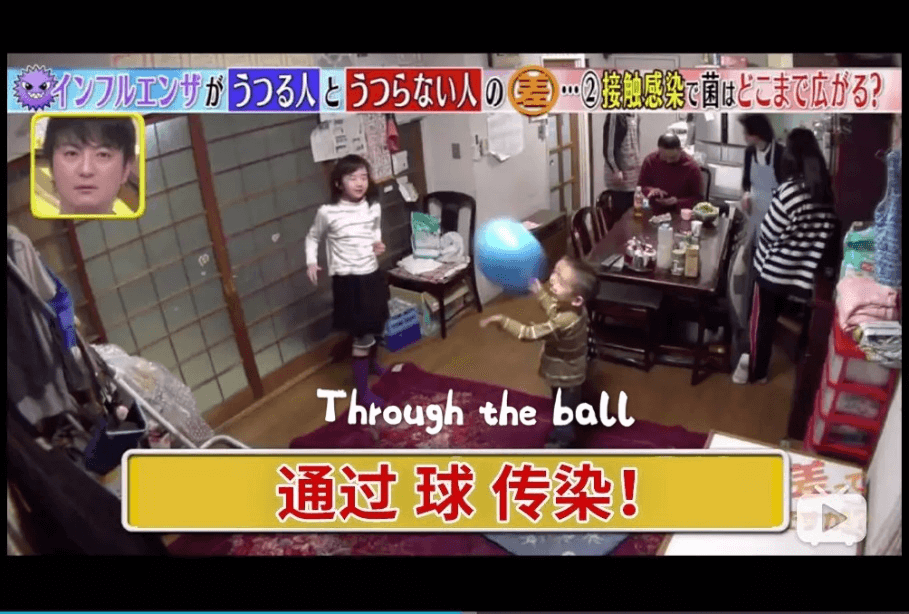
The mother was holding her brother, who wiped her face with her hand and transmitted the virus to her.

In just two hours, the family brushed the infection together, showing the power of contact transmission.
The show team also found signs of the virus on the stair railings and snack bags at home. If outsiders come into contact with these places, they may be infected.
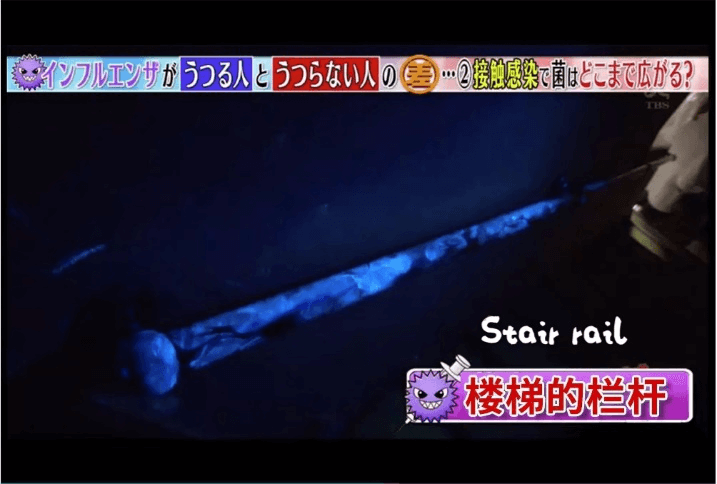
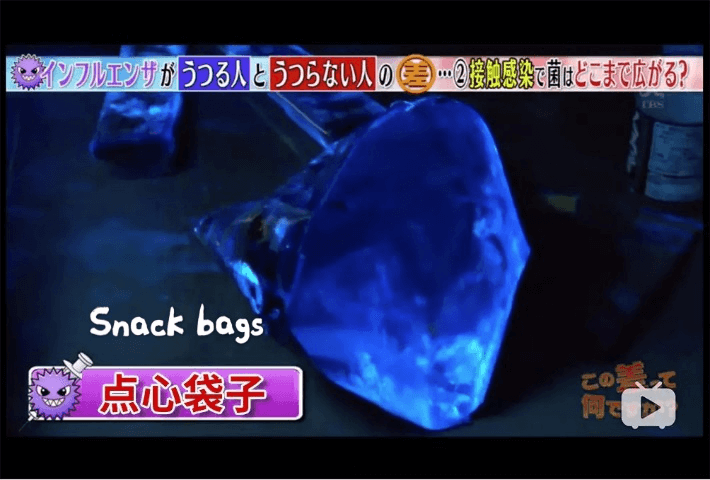
This is contact transmission, and may be indirectly transmitted even without direct contact.
It's hard to foresee this.
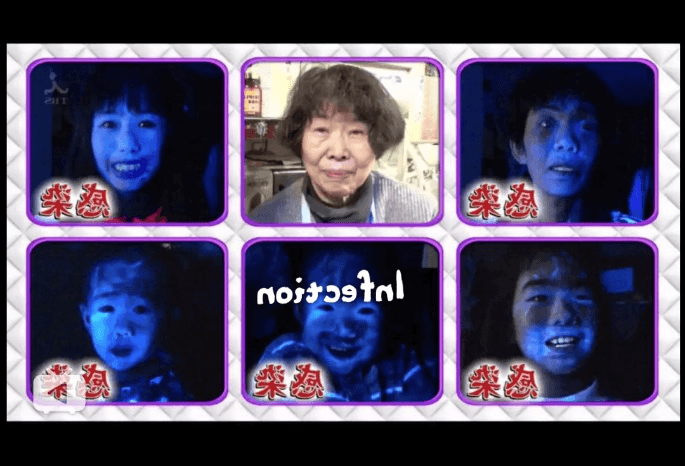
Grandma also spent two hours with the family. Why is there no virus on her face?
The program team reviewed the grandmother's life track and finally found out the reason. It turned out that grandma had been doing housework, and she washes dishes and vegetables with running water.
Although the virus also had a chance to contaminate her hands, the virus was washed away by the flowing water, and the virus had no chance to spread to her face.
It was "hand washing" that protected grandma.
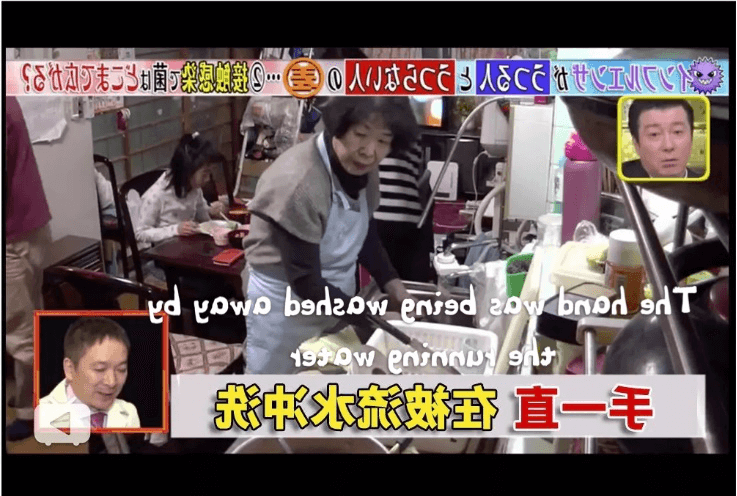
The first of the World Health Organization's recommendations for protection against a new coronavirus is washing hands.
It can effectively prevent viruses and bacteria, reduce people's sickness and diarrhea by 23-40%, and protect one-fifth of the children from pneumonia.
Humans first realized the importance of washing hands. 200 years ago, pregnant women in the delivery room had a 20% chance of dying from puerperal fever. A smart doctor discovered that the reason was that the doctor did not wash his hands After the infection, he immediately called on the medical staff to wash their hands carefully, and the infection rate immediately dropped to 1%.
The right way to wash your hands!
1. Use soap and flowing water, and rub hands for no less than 20 seconds!
2. If you are outdoors, you can use 70% ~ 80% rinse-free hand sanitizer!
From China 20 years of professional disinfection and washing products can be CLEACE
75% alcohol antibacterial hand sanitizer,
75% alcohol disinfectant,
add plant glycerin essence, moisturizing, long time use not hands.
